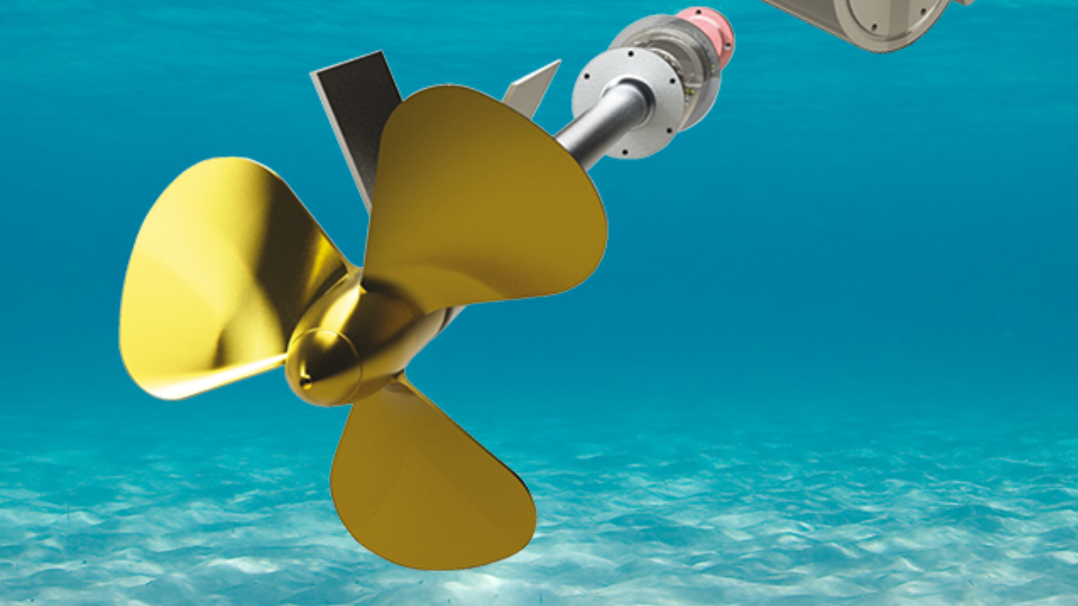 Marine Small-ship Zero-carbon H2 Demonstrator
Marine Small-ship Zero-carbon H2 Demonstrator
UK’s first demonstration of zero-emission marine technology in the Tees Valley
The maritime industry has no plans or roadmap to create a zero-carbon short sea shipping network.
This ambitious project seeks to prove that a solution does exist to enable the maritime sector to decarbonise, by operating a concept demonstration vessel using a clean, safe, green-hydrogen marine transport solution in the controlled environment of the Port of Middlesbrough.
The demonstration will convert a Lochin 33 'workboat' into a dual-fuelled vessel acting as a testbed to prove the concept of a retro-fit green hydrogen solution.
For the purposes of the demonstration, the modified marine vessel will operate at sea, though the technologies are suitable for use by inland waterway vessels.
Consortium:
Duodrive (lead)
Durham University, Durham Energy Institute
The deployment of hydrogen as a fuel in marine vessels is a complicated task due to a lack of suitable hardware, and a general resistance to its use by users/owners due to supply and safety fears. A successful trial to a marine audience will need to demonstrate a safe, viable 'end-to-end' retro-fit solution including a reliable marine "Green-H2" refuelling infrastructure. The intention for this project is to demonstrate exactly that.
The Government's expectation is that by 2025 all new vessels ordered for use in UK waters are designed with zero emission capability. However, there are some 65,000 small ships currently in operation with a normal life expectancy of 50 years, which means they will be in use far beyond the UK’s target for #NetZeroMaritime of 2035. Any zero-emission capability therefore has to be an affordable retro-fit solution.
The technology and supply chain for this solution is currently untried in a real-world environment.
Three major innovations are required to work simultaneously to create a demonstration of a commercial solution.
The first innovation is Durham Energy Institute’s (DEI) adaptation of their Free-Piston Engine Generator (FPEG) to convert hydrogen to electric power.
Secondly, inboard inverters will then drive Duodrive’s novel Motodrivetrain® electric contra-rotating propulsion propellers.
Finally, the FarSight™ Energy Management System, developed with Queen Many University of London (QMUL), will optimise energy use and add novel capabilities to the fixed POD propulsion system.
The hydrogen will be stored on board in the latest Type 4 Luxfer cylinders approved for use by HGVs in the USA. In addition, Duodrive will use the trials to run a demonstration of a new slow-speed port-manoeuvring system which is currently in development with another InnovateUK project team.
A key component of this project is the provision of a Hydrogen Refuelling Station within the Tees Valley Multi-Modal Hydrogen Transport Hub – a living lab designed for the development of hydrogen powered transport systems, including small marine vessels. The quayside refuelling system, believed to a first at least within UK, will be facilitated by Octopus Hydrogen.
The Hub, and this marine vessel demonstration are funded partly by InnovateUK and partly by industry.


/prod01/prodbucket01/media/durham-university/research-/research-institutes/durham-energy-institute/landscapes-cityscapes-montages-etc/Walney-sunset-2000X800.jpg)